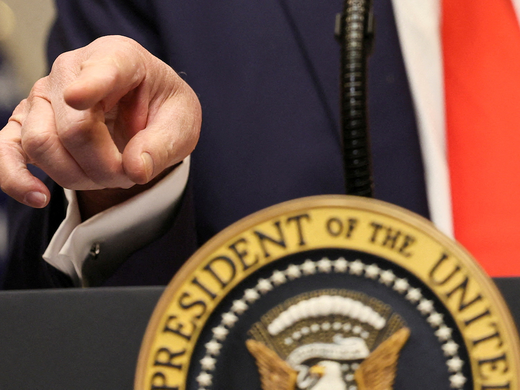This paper explores policies, strategies and domestic factors that jointly determine China’s participation in multilateral and regional trade regimes, based on an examination of the performance and roles China played in both the World Trade Organization (WTO) and some of the regional trade agreement (RTA) negotiations since 2001. China’s attitude and response to the Transatlantic Trade and Investment Partnership (TPP) negotiations is a case in point that reflects its strategies, policies and domestic factors in RTAs and global trade governance. The case of China’s negotiation in the Regional Comprehensive Economic Partnership (RCEP) represents another.
The paper concludes that China has evolved into a key player both in the WTO and in a number of RTA negotiations it has been involved in. However, China still lacks the capacity to lead the direction and push through negotiations in the WTO, fettered by its self-restrained vision in global trade governance, as well as its domestic restrictions. China needs a global vision and the resolve to take a leading role in the WTO Doha Round negotiations. The pressure brought about by the TPP constitutes the best hope for Chinese reformers to take advantage and push through the tough domestic reform agenda. The Doha Round negotiations and comprehensive RTAs, such as the RCEP, will link China more closely to the global trade system.


